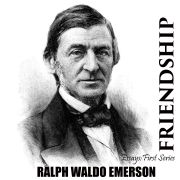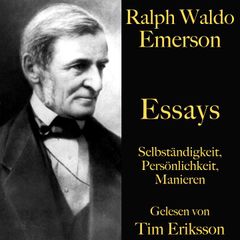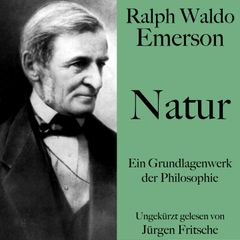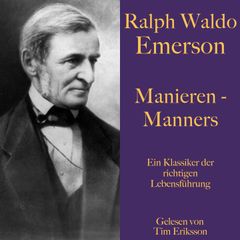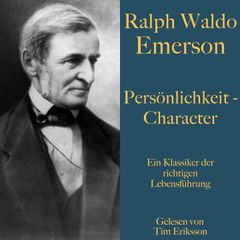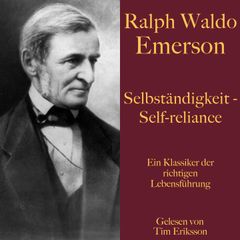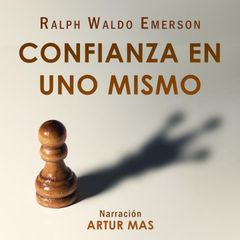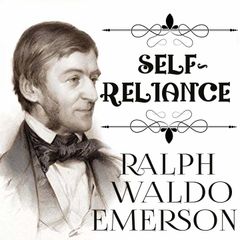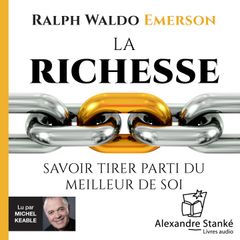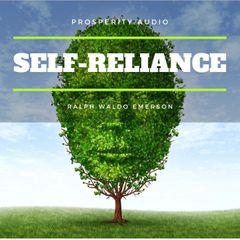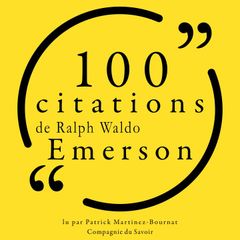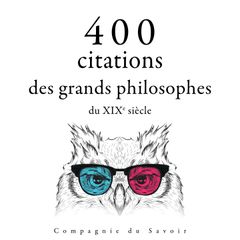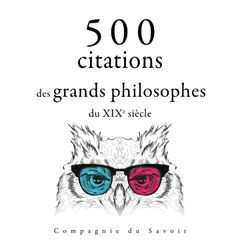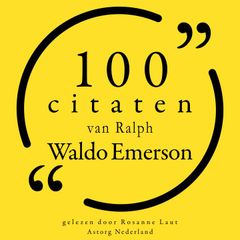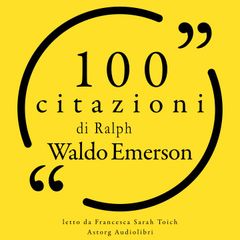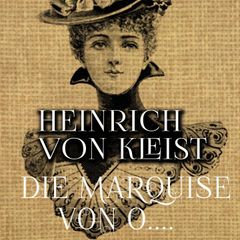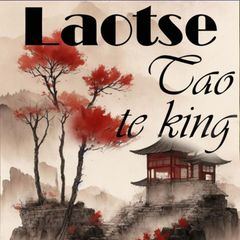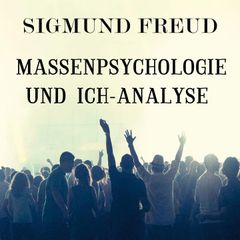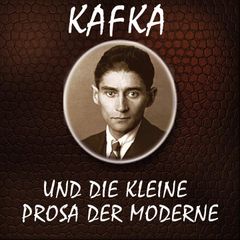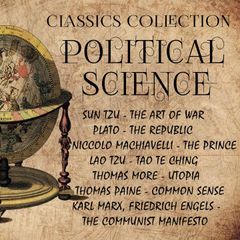- Audiolibro
- 2025
- 39 min
- Strelbytskyy Multimedia Publishing
Search Links
Título
Essays: First Series. Compensation
Descripción
A true friend is a paradox—both a mirror and a mystery, a presence that steadies yet unsettles. Emerson's Friendship is not a sentimental tribute but an exploration, as sharp as it is reverent. He does not merely celebrate companionship; he dissects it, questioning the forces that draw souls together and the invisible tensions that hold them apart.
Friendship, in Emerson's vision, is not mere comfort—it is a force, a demand, a test. It requires space as much as closeness, silence as much as words. It thrives not in constant nearness but in the charged air of mutual respect, in the quiet certainty that the bond endures, even when distance stretches between.
His words do not ask for easy agreement; they provoke. He suggests that the highest friendships are not found but forged, not effortless but exacting. The reader who enters Friendship expecting warmth may find, instead, a bracing clarity—a recognition that true companionship is both a gift and a discipline, an art as much as an affection. Emerson does not offer a guide to making friends; he offers something rarer: an insight into why, despite all risks, we seek them still.
En listas públicas de estos usuarios
Este audiolibro no está ninguna lista
Detalles del producto
Editorial:
Autor:
Título:
Essays: First Series. Compensation
narrado por:
Idioma:
EN
ISBN de audio:
4069828302020
Fecha de publicación:
6 de abril de 2025
Palabras clave:
Classic EssayRalph waldo EmersonfriendshipHuman connectionSelf-relianceMutual respectPhilosophytranscendentalismWisdompersonal growthreflectionEthical PrinciplesHuman experienceSpiritual InsightIntellectual InquiryClassic American LiteratureDeep BondsSocial PhilosophyAudiobookEnglishStrelbytskyy Multimedia Publishing.
Duración
39 min
Tipo de producto
AUDIO
Explícito:
No
Audiodrama:
No
Unabridged:
Sí
Sobre el autor:
Ralph Waldo Emerson (May 25, 1803 – April 27, 1882) was a writer, lecturer, and thinker who reshaped American intellectual life. Born in Boston into a family of ministers, he lost his father at eight and was raised by a fiercely determined mother. He attended Harvard at fourteen, briefly taught school, and then followed family tradition into the ministry. But the death of his first wife, Ellen, in 1831 shattered his faith in organized religion. He resigned from the church and set off for Europe, where he met the great minds of his time—Coleridge, Carlyle, and Wordsworth—who deepened his belief in individual thought over inherited dogma.
Back in America, he settled in Concord, Massachusetts, and became the leading voice of transcendentalism. His 1836 essay Nature called for a new way of seeing the world—one that placed intuition above reason and the divine within the self. His lectures and essays, including Self-Reliance and The American Scholar, urged Americans to trust their own voices rather than look to Europe for intellectual authority.
A magnetic speaker, Emerson crisscrossed the country delivering lectures on topics ranging from history to self-improvement. He mentored Henry David Thoreau and influenced countless others, from Walt Whitman to Friedrich Nietzsche. Despite his growing fame, he remained a private man, happiest in his study or walking through the woods of Concord.
In later years, his memory faded, and he quietly withdrew from public life. Yet his words endured, shaping generations of writers, philosophers, and seekers. His call for self-reliance and intellectual independence remains as relevant today as it was in his time.

